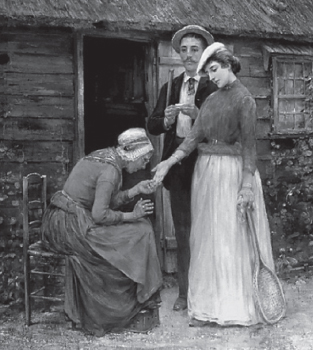PPREDICTION

Achieving accurate insight into consumers' habits and behaviours has been the aspiration of brands since the first evidence of an exchange of goods and services for income. Before the development and dominance of global brands, regional knowledge helped local businesses keep in touch with neighbours at a level of intimacy that enabled them to service and anticipate need.
Then, as now, the dreamers went further, creating and defining new needs by innovating new and unprecedented products, experiences and services. During the latter half of the twentieth century, political ideology gave way to anthropological and sociological theories about the impact of Western influence – specifically, through a negative depiction of economic infiltration and erosion of indigenous culture. Theory tended to portray an implicitly romanticized Roseau-orientated perception of the ‘noble savage’ as a victim of global colonial ambition. Levi-Strauss' response is mild by comparison with the conspiracy orientation of many theorists, but nevertheless assumes ‘involuntary’ co-option as normal:
A culture's chance of uniting the complex body of inventions of all sorts which we describe as a civilization depends on the number and diversity of the other cultures with which it is working out, generally involuntarily, a common strategy.
(Claude Lévi-Strauss, Race, History and Culture, 1996)
Much ...
Get The Dream Cafe: Lessons in the Art of Radical Innovation now with the O’Reilly learning platform.
O’Reilly members experience books, live events, courses curated by job role, and more from O’Reilly and nearly 200 top publishers.

